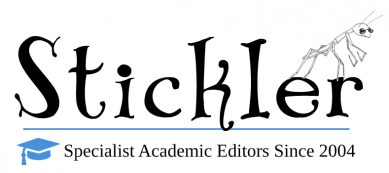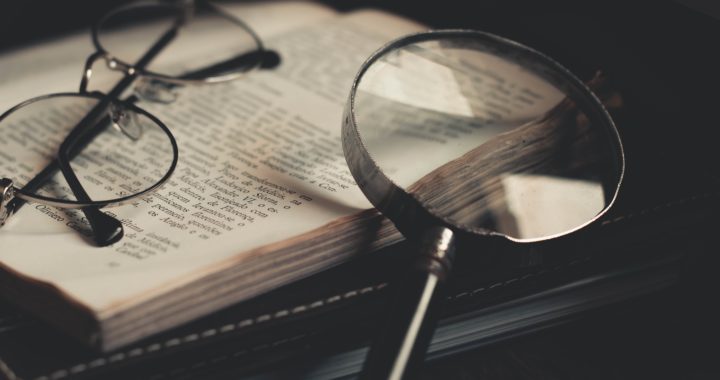You have an idea about what you want to write about, but where do you go from there? Research is the key to good writing, but you might not know just where to start. Most people jump straight to Google, and while, of course, Google abounds with information, not all of it is useful or legitimate. Here are some ideas for other great places to start looking. And remember, we can help you ensure you have cited correctly and styled your references according to any applicable guidelines. This means you can focus on the research and writing side!
Head to the Library
This might seem obvious, but libraries are not only a great resource for the books themselves—they also have librarians who are trained to help you find the information you need. Each library also has its own online catalog you can use to search and access its holdings. If you don’t find what you need, you can check out WorldCat, which connects you to the materials of more than 10,000 libraries worldwide. Often, your library will be able to order the material in for you (sometimes this is free, sometimes it costs a small fee—just check with your library first).
Libraries also provide access to online databases. Libraries pay for access to these databases so that you can use the materials in them for free. You can find out what articles and e-books your library has available through its online catalog. You might need to log in to access these items. Library stacks can also be helpful: books are generally organized by subject, so if you find one really great book in the catalog, you can go find the book on the shelf. Chances are, if you look at the books around it you’ll find even more books to use in your research.
Check Reference Works
If you don’t know a lot about your topic, reference works might be a good place to start. It can be very helpful to read broadly on a topic before narrowing in on your specific research question. Textbooks, handbooks, and subject dictionaries are great places to start for understanding the basics, and these sources can point you to more specific scholarly sources. Encyclopedias are great too, but a word of caution: don’t rely on or cite Wikipedia unless absolutely necessary—it is not considered a sufficiently reliable source for use in scholarly work.
Follow Citation “Rabbit Holes”
Going down a citation rabbit hole can be one of the best ways to find good information. It just takes a little time and detective work. Once you have found a really good, recent academic source, look at the works that book or paper cites in its footnotes or reference list. You can then hunt down these sources, and later look at the publications they use—and so on. Another way to do this is to use Google Scholar to identify authors that have cited your primary article. These rabbit holes are essentially bottomless and can be incredibly useful in building the body of scholarship that will inform your paper.
Find an Expert
Never underestimate the power of human connection. If you know or can easily contact someone working in your field, reach out to them. Scholars love to discuss their work and see how your study fits in. Not only will this help to further your own research, but you might build a lasting connection for future work. Experts can also point you to good research that you might have overlooked.
If you want even more information on the research, writing, and citation process, check out citation handbooks such as Kate L. Turabian’s A Manual for Writers of Research Papers, Theses, and Dissertations, the MLA Handbook, or the Publication Manual of the American Psychological Association.
We hope these tips will be helpful in your quest for information. One final piece of advice: make sure you keep track of the sources you find as you go along, and know how to access them again. This will make it much easier to build your reference list and avoid accidental plagiarism. And don’t worry if you’re not confident on citation and reference formatting—we can help you with this as part of our academic editing service.
Happy reading!

